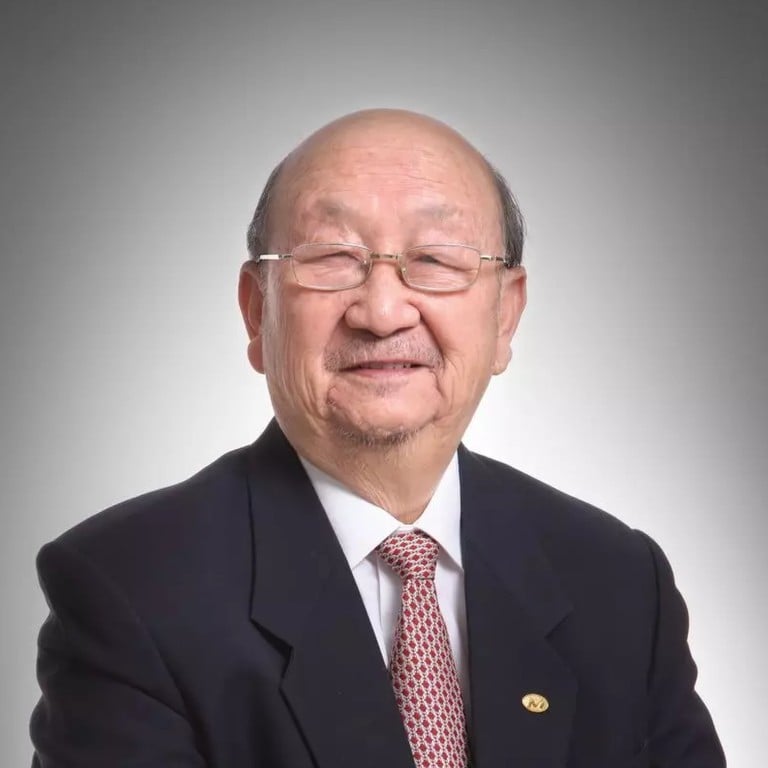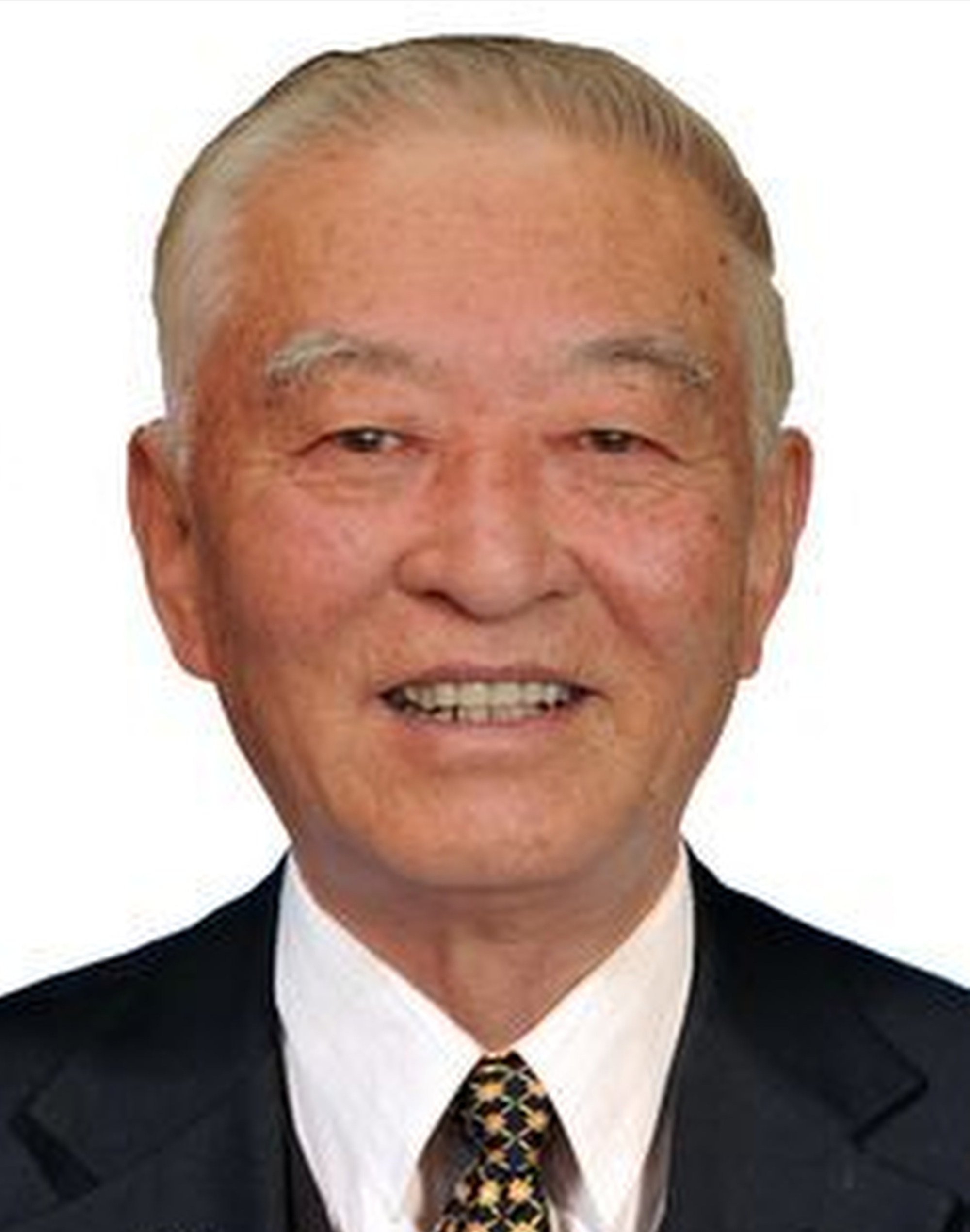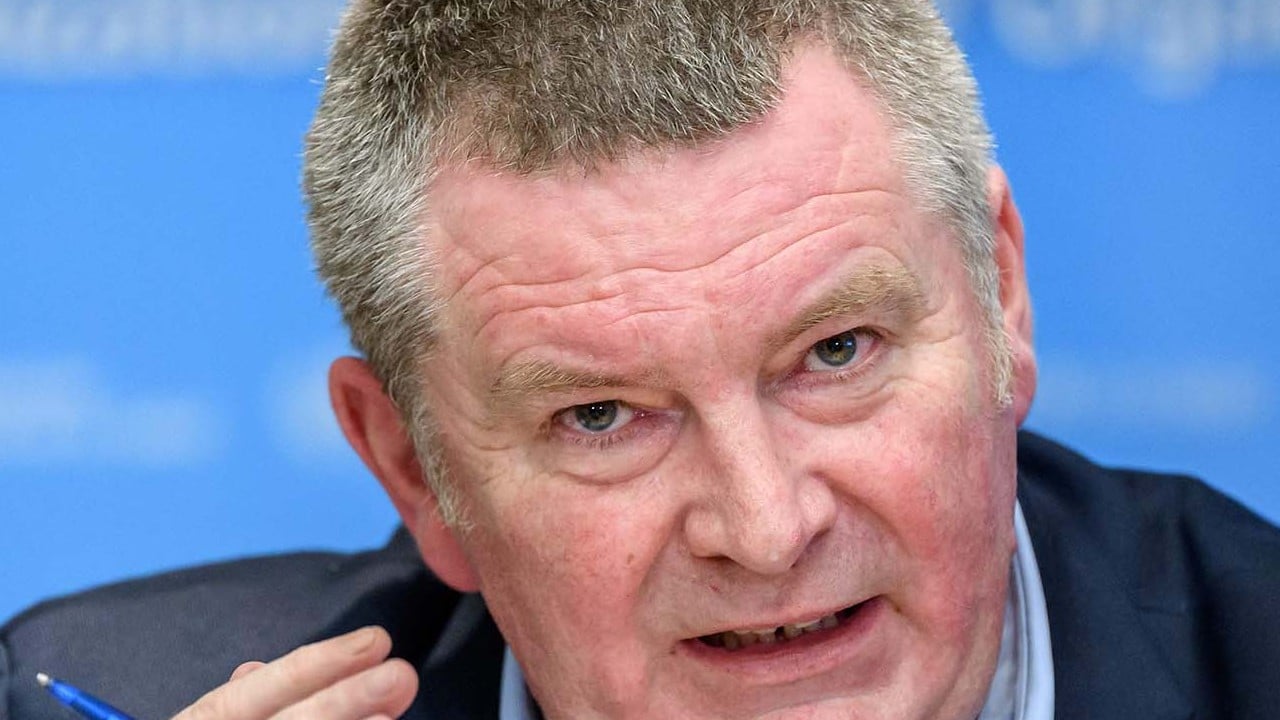
Top engineers and scientists dying at an unprecedented rate in China after lifting of Covid controls
- The Chinese Academy of Engineering reported that 20 members have died in less than a month, compared with an average annual death rate of 16
- One doctor in Beijing said academy members usually have privileged access to healthcare, but now there are no beds available to treat them
The Chinese Academy of Engineering said on its website that 20 members had died between December 15 and January 4.
This compares with an average of 16 deaths a year between 2017 and 2021 and 13 deaths in 2021.
It has not responded to requests for comment.
The youngest academy member to die was Ti Tianchu, 77, a physicist who specialised in atomic clocks, while the oldest was 102-year-old Zhang Jinzhe, who established China’s first paediatric surgery department at Peking University Hospital in 1950.
Those who died recently include Xu Mi, chief engineer of China’s fast nuclear reactor programme; Zhao Zisen, who developed China’s first optical fibre; Zhang Guocheng, a founding engineer in China’s rare earth industry; and Zhao Yinjun, a top national science and technology prizewinner for his contribution to China’s laser weapons.
Up to 70 per cent of Shanghai’s population has had Covid, says top doctor
The academy did not provide a cause of death for any of these members.
A doctor working at a major hospital in Beijing, who asked not to be identified due to the sensitivity of the topic, said these academy members usually received privileged medical treatment equivalent to that received by deputy ministers in the central government.
But he said recently there were no beds available and they would be lucky to find a space in the lobby.
The pandemic also caused a run on resources in the public health system that delayed the treatment of other diseases, he added.

Zeng Guang, a former chief scientist at China’s Centre for Disease Control, told an online conference on December 30 that he estimated that more than 80 per cent of the population in Beijing, where most senior scientists and engineers live, had been infected.
Other Chinese research organisations have reported similar losses.
Tsinghua University, the nation’s top-ranked research university for natural science, started trending on social media after it started posting an unusually large number of obituaries on its campus network.
For China’s intellectuals, restrictions started long before the pandemic
The sudden death of pharmacologist Jiang Hualiang on December 24 in Shanghai also shocked the nation because the 57-year-old, a member of the Chinese Academy of Sciences, was leading some major drug development programmes, including treatments for Covid-19.
Some younger Chinese academics have also died after becoming infected.
Wang Teng, a 32 year old architect at Sichuan Architecture Vocational Technology College, died on campus last month after developing a high fever following a positive test, The Beijing News reported.
A Beijing-based physicist in his thirties told the Post that he had been forced to return to work before he fully recovered because he was working on a project with a deadline that “won’t wait”.
“Covid may have damaged my health. From time to time I have to pause for a while to catch my breath,” said the researcher, who tested positive in mid-December.
It is too early to estimate the overall impact of the pandemic on China’s science and technology sector, according to the researcher who asked not to be named because he was not authorised to speak to the media about the issue.
“Now our border is reopening. We can meet with colleagues from around the world to generate new ideas again, and work closely on some exciting projects,” he said.



